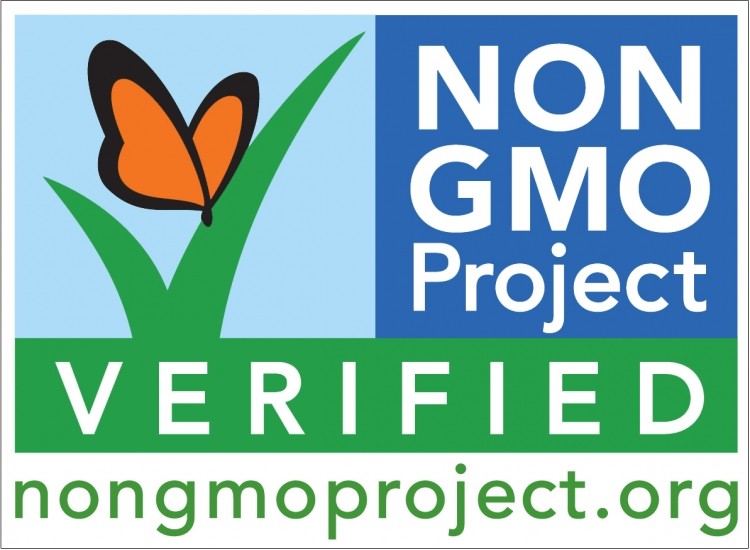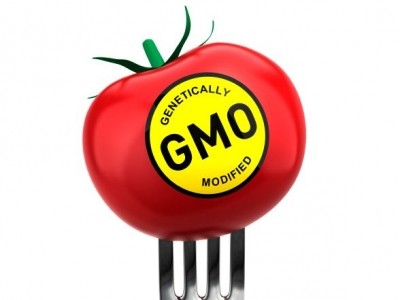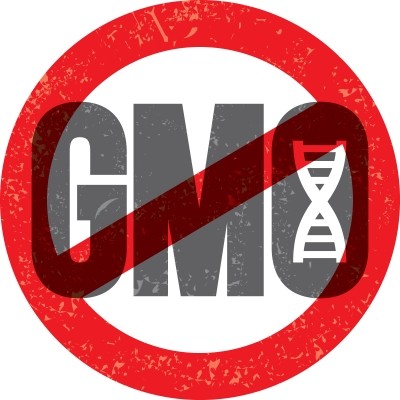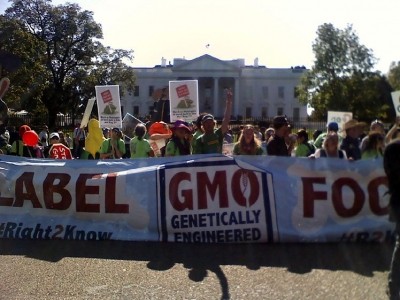Shareholder advocates to big food: Stay out of GMO labeling debate

The announcement comes just days after the latest campaign finance reports showed that the opposition to Washington's GMO labeling Initiative-522 had raised $17.2 million, the most money ever raised to defeat a ballot initiative in the state.
“By spending money to defeat bills like Prop 37, companies position themselves against consumers’ right to know, which damages trust and can ultimately hurt companies’ bottom line,” said Lucia von Reusner, shareholder advocate at Green Century Capital Management, during a press call on Wednesday. “Companies contributing to the anti-Prop 37 side experienced consumer backlash on social media, petitions and boycotts. Now, consumers are paying close attention to I-522, and watching to see if favorite brands are involved.”
Green Century, along with As You Sow and the Environmental Working Group (EWG) are filing shareholder resolutions with such big food companies as Monsanto, General Mills, Abbott and DuPont Pioneer, urging them not to continue funding the opposition to I-522 (or any other ballot initiatives that may come along), even if they’ve already given money. Although it’s fairly late in the game in Washington, the advocates noted that the final weeks of campaigning are typically the most crucial.
“The money that comes in at the end can be very critical,” said Andrew Behar, CEO of As You Sow. “We are also sending letters to top 50 donors from Prop 37, a list that includes Kellogg, Smucker, Hershey and Dole. These companies should not be adding further to that $17 million, and we think the letters are well timed.”
Only the beginning
They added that I-522 likely won’t be the last ballot initiative companies will spend money on, as labeling initiatives have already passed in Connecticut and Maine; a fish and shellfish labeling bill passed in Alaska; and states such as New Hampshire, New York and Vermont appear poised to passing similar laws; in addition to several bills being introduced at the federal level.
“Companies are seeing that GMO labeling is inevitable,” Behar said. “ConAgra and Pepsico are lobbying the FDA to work on federal labeling laws, and a New York Times poll has shown that 93% of US citizens want GMO labeling.”
Not only that, but worldwide 64 countries, including the entire European Union, currently require GMO labeling, meaning many big food companies are already complying with labeling laws.“Already many companies like Abbott reformulate their products to sell in the EU and other countries, so we know that this is something they know how to do and can do,” Behar added.
Shareholder resolutions proven effective
Filing shareholder resolutions can be an effective means to encourage businesses to change their practices, as was the case with McDonald’s recent decision to discontinue the use of polystyrene-based cups in all of its 14,000 U.S. restaurants. The move was the result of a 2011 shareholder proposal introduced by As You Sow, on which 30% of shareholders voted in favor.
“When 30% of shareholders vote that it is a real concern, that sends a strong message to the management that it is something they need to address,” von Reusner noted.
If the board ignores shareholders, it can come back to haunt them, Behar added, noting that the filing will appear on the company’s annual report. “It will be on the company’s record that it was told by shareholders that it wasn’t making good use of its money,” he said. “It can become a fiduciary issue for the board if they ignore shareholders. Companies are there to listen to and serve shareholders.”
“Many resolutions have been successful in changing practices in a wide variety of ways," added Scott Faber, vice president of EWG and former VP of the Grocery Manufacturers Association, which is now the single biggest contributor to the No on I-522 campaign, with $7.2 million donated. "In this case, many companies are recognizing that the fight over GE labeling is far more costly than adding five words to back of their labels."
Click here to go to the website of the YES campaign.
Click here to go to the website of the NO campaign.
Click here to hear what Dr Bruce Chassy, Professor Emeritus of Food Science at the University of Illinois at Urbana-Champaign, had to say about GMO labeling at the IFT show in Chicago.
Click here to hear what Ken Roseboro, publisher of the Organic and Non GMO Report, had to say on the topic.











